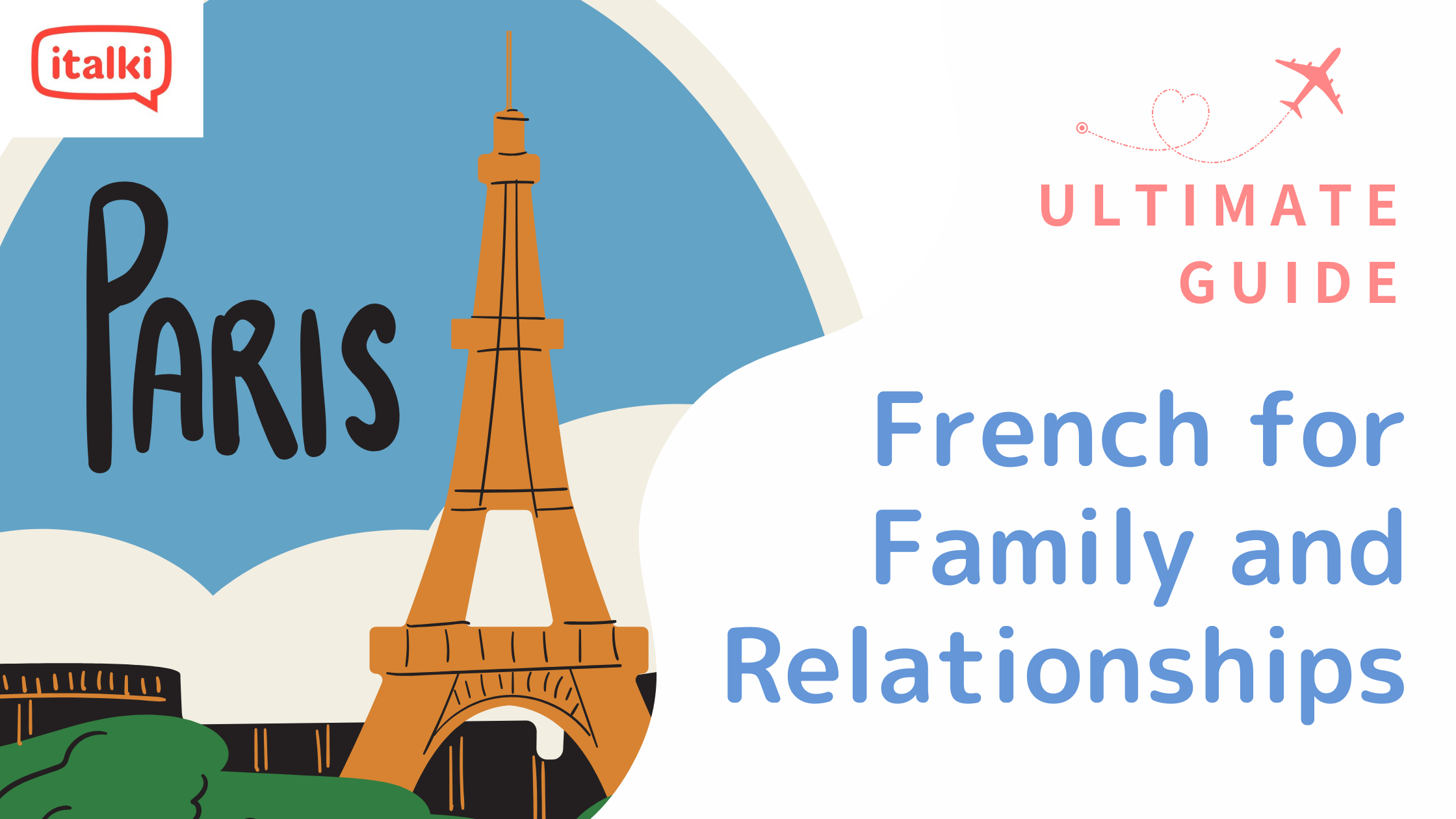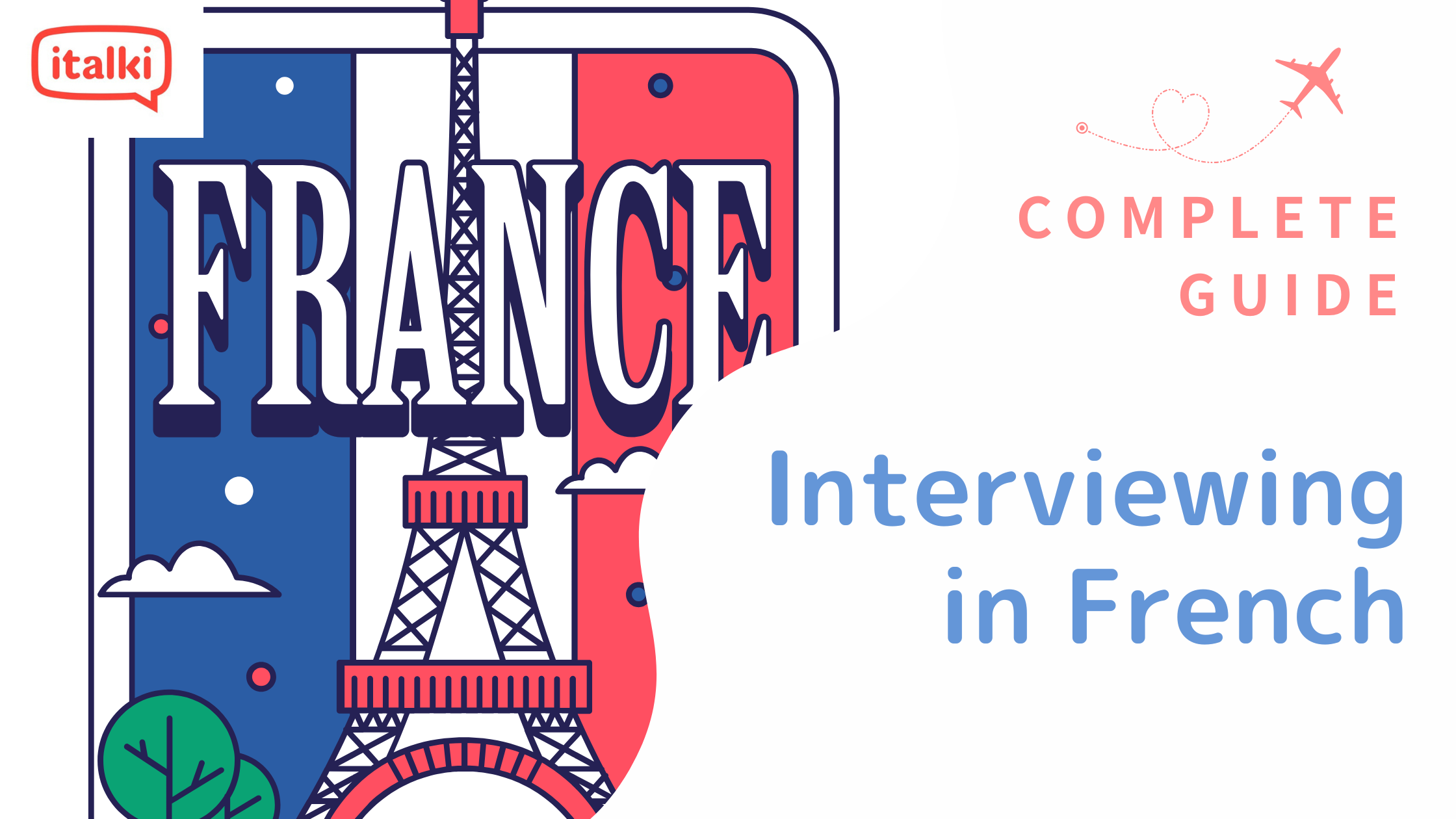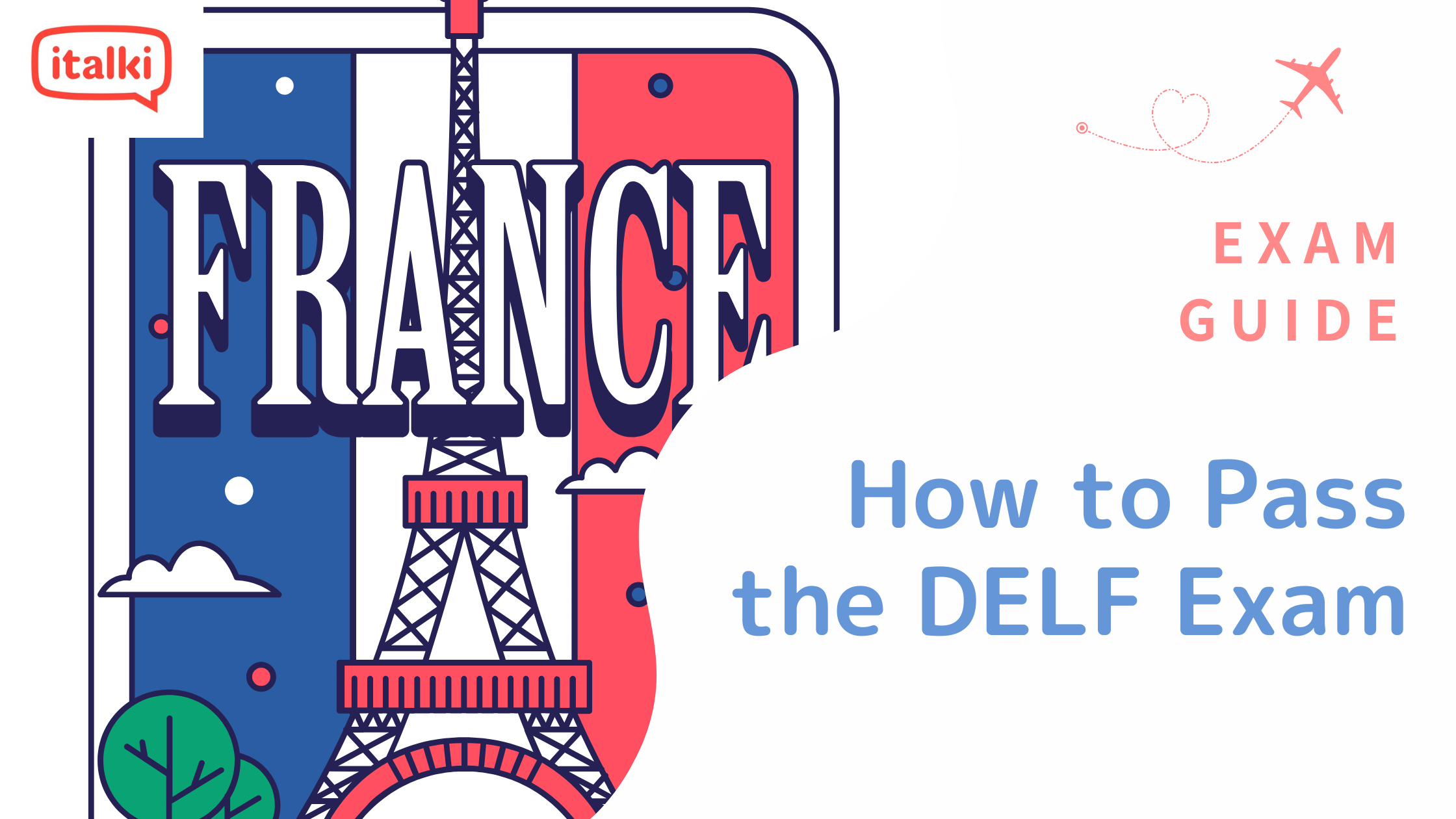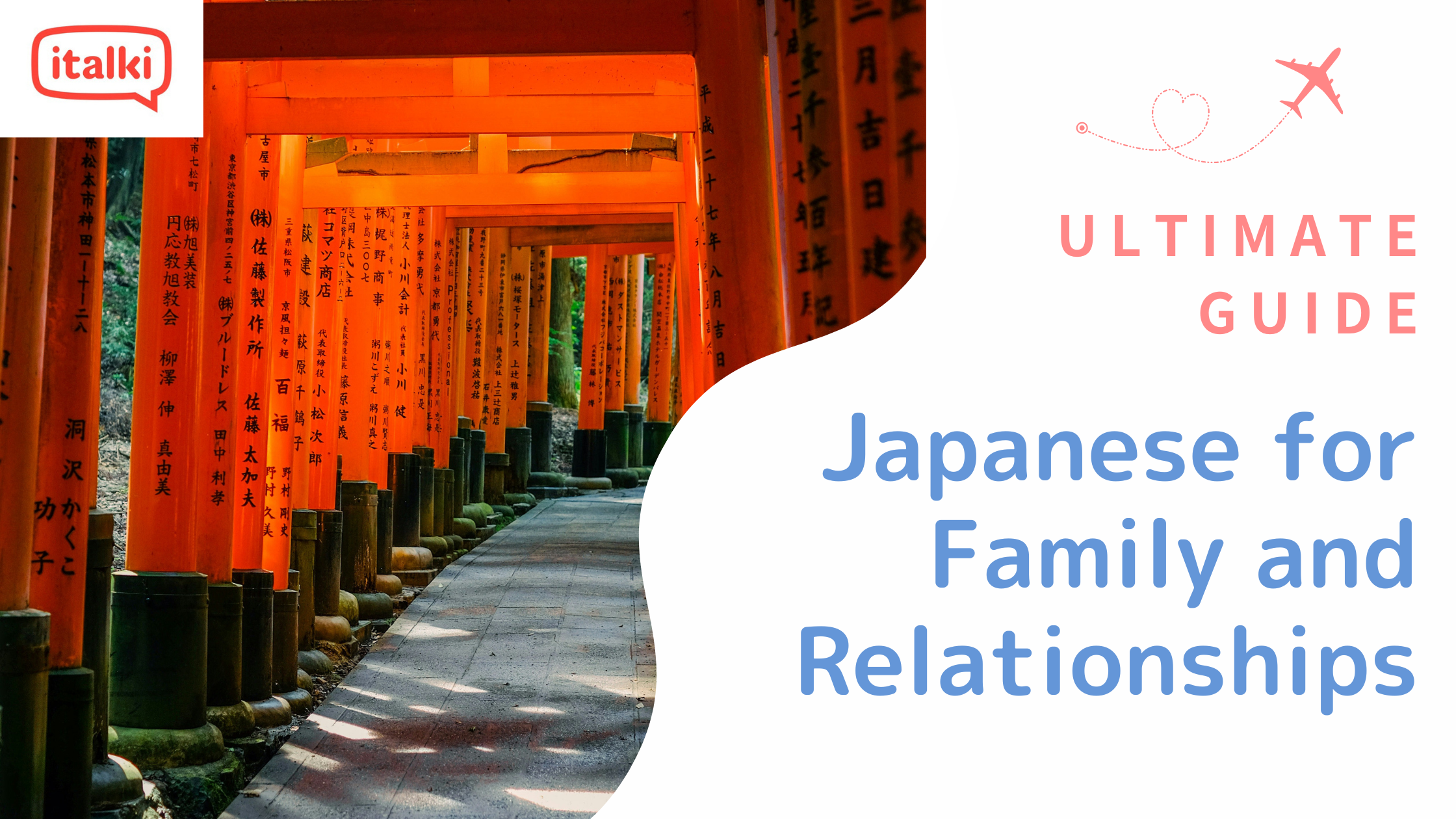Greetings set the tone of the conversation. They are like spices for all languages. People can learn Russian online to understand the best greeting phrases in the Russian language. Having a wider choice to make the selection of a greeting from your vocabulary is pretty cool.
Want to learn a language at italki?
Here are the best resources for you!
There are a few essential factors that help you make new relationships, especially in a foreign country. Good manners, basic cultural knowledge, and good greeting phrases are all you need to spread good vibes and win people’s hearts.
Greetings are essential as they allow you to kick start any conversation and as mentioned earlier they set the tone for the conversation. If you know Russian greetings, a large number of tasks become quite easier for you. Such as visiting the market, ordering food for yourself, and greeting a friend or a family member.
Russian greetings are very easy and they incorporate well into your vocabulary list. Due to their common use, they are easy to learn. It is not necessary to use greetings in Russian with Russian people only. You can also use them with English-speaking people to add a little flavor to your conversations. It will not only make your conversations exciting but will also polish your Russian speaking skills.
If you want guidance regarding Russian greetings, you can put your hands in italki. italki has the best Russian teachers available who will guide you about the right use of Russian greetings with the help of real context examples. You have the option to choose the instructor of your choice.

Find Your Perfect Teacher
At italki, you can find your Russian teacher from all qualified and experienced teachers. Now experience the excellent language learning journey!
Book a trial lesson
All the instructors are skillful and knowledgeable. Their training sessions include all the necessary Russian alphabet, words, sentence formation, and greetings. You can book your lessons with italki to start lessons.
Following are some of the common Russian greetings that are used on different occasions.
Common Russian greetings
1. Здравствуйте/Здравствуй
Здравствуйте is the most common way to say ‘hello’. It may seem difficult but is essential to learn because you will be using ‘hello’ quite often in your daily conversations. Здравствуйте is mostly used in formal situations.
Especially, if you are having a conversation with a group здравствуйте is the right choice because it has a sense of formality and is normally used when you are having a conversation with more than one person.
On the other hand, Здравствуй, is the informal version of the same word. You can use it with your friends and children. But if you are not sure about the level of formality that you need to maintain with someone, always go for здравствуйте. If it seems too long and difficult to you then you can use its short form здрасьте as long as your situation is not very formal.
Both these words are actually derived from здравствовать, which means ‘to be healthy’ or ‘to live long’.
2. Алло
Алло is also used for saying ‘hello’ in Russian. It is often used during phone calls and is not generally used in any other context. It is a very easy Russian word to remember and can help you greet through phone calls.
3. Привет
Привет is a common and very informal greeting. Just as we say ‘hi’ in English, Russian people use Привет. It is a very common greeting used by people quite often.
4. Приветик
This greeting serves the same purpose as привет, it is an even less formal way of saying ‘hi’. You can also even call it ‘hiya’. It has more inclined towards the feminist side and is more often used by women. This greeting is particularly sweet as compared to other ones.
5. Хаюшки
Хаюшки is mostly used by young people. It also serves the same purpose as the previous two greetings i.e. ‘hi’. There are a few other greetings that are similar to this one. Such as Хей (“hey”), хай (“hi”), and йо (“yo”). If you take a look, all of these greetings are pronounced quite similarly to their American counterparts.
6. Здорово
Здорово is an informal greeting that means ‘hey’. For this one particular, it is important to pay attention to the context and accent you are using. When you put more stress on the second о, it becomes a greeting but when you put the stress on the first o, it means ‘wow’ or ‘well done’. So, using the right accent is very necessary to convey the right meaning.
7. Доброе утро
Доброе утро is a quite formal greeting that means ‘good morning’. As the meaning shows, you can use this greeting only during the early hours of the morning.
8. Добрый день
Добрый день is a formal greeting that means ‘good day’. It can be used from the morning till the late afternoon.
9. Добрый вечер
Добрый вечер is also a formal one that means ‘good evening’. It is used in the evening time but of course, not during the night.
10. Доброй ночи
Доброй ночи is a formal greeting phrase used to say ‘good night’. You can use it in night and during the dark before the sun rises.
11. Спокойной ночи
It is not a greeting but its meaning is similar to a greeting. Just like доброй ночи, спокойной ночи means “good night”. However, доброй ночи is regularly used as a greeting, спокойной ночи is used as a farewell before bed.
12. Добро пожаловать
Добро пожаловать means ‘welcome’. It can be used in both formal and informal situations, just like we use ‘welcome’ in English.
13. Рад/Рада тебя/вас видеть
Well, this phrase has a large number of options to offer. Its basic meaning is ‘nice to see you’. But again, several variations are made to this depending upon the context and the level of formality.
Males use рад, while females use рада. If the situation is formal, you will use вас, but you can also use тебя in informal situations. So basically, there are four variations to this greeting:
Male in a formal situation: Рад вас видеть
Male in an informal situation: Рад тебя видеть
Female in a formal situation: Рада вас видеть
Female in an informal situation: Рада тебя видеть
14. Как поживаете/поживаешь?
Both these phrases mean ‘how are you doing’. ” Как поживаете is formal, while как поживаешь is informal.
This greeting is more like a question and it expects a response in return. Some of the common responses can be:
Хорошо — Good
Неплохо — Not bad
Плохо — Bad
15. Как дела?
It means ‘how is it going’. To maintain the level of formality, you can also use the phrase как у вас дела?
16. Как жизнь?
It is an informal phrase. It is used to ask ‘how’s it going,’ while this phrase more literally means “how’s life?”
17. Как делишки, как детишки?
Как делишки, как детишки? It is an idiom in Russian. Though it is not common like other greetings on this list, it is an interesting one. It means “How is it going, how are the kids?”
This is an informal greeting and is sometimes used to create fun.
18. Что нового?
‘Что нового?’ means ‘what is new’. It is a phrase commonly used among friends especially when you are having a gossip session with your friends.
These 18 greetings are common and perfect to start a conversation in Russian. There are several other phrases such as saying thank you in Russian, greeting someone on different occasions such as a birthday or wedding anniversary, etc.
You can learn Russian for free using plenty of data available on online resources. There are plenty of websites that can help you translate your conversations into Russian according to your context. But, mastering any foreign language requires hard work. You can write several Russian greetings on flashcards and can also make sticky notes.
Conclusion
These notes will allow you to recall these greetings throughout the day. You can also incorporate these greetings into your English conversations. It will make your conversations fun and will also boost your confidence to speak Russian in front of people without any fear.
Start learning and use these words in your conversations with friends and family members. Work on your accent and pronunciation till you get it right.


















